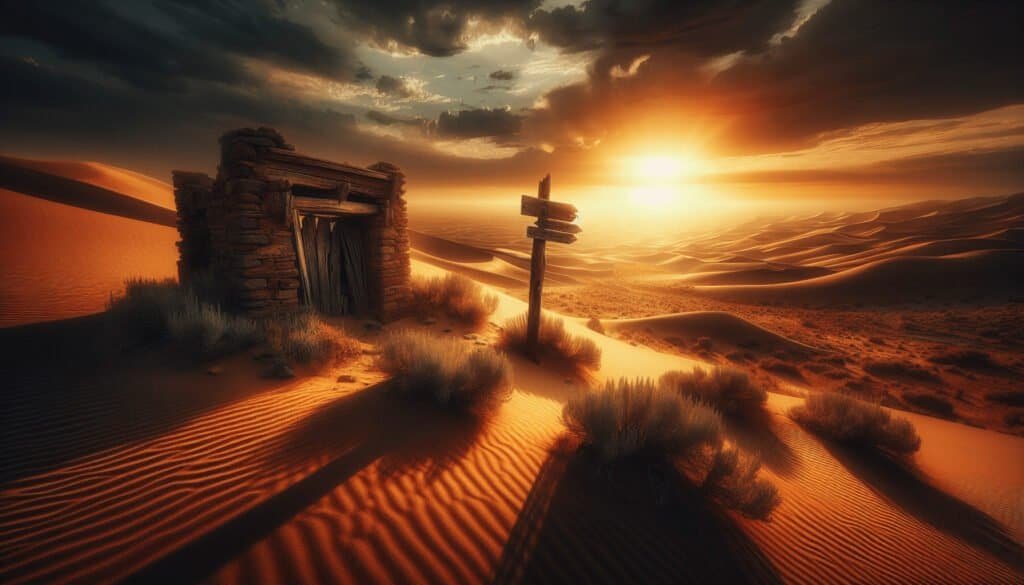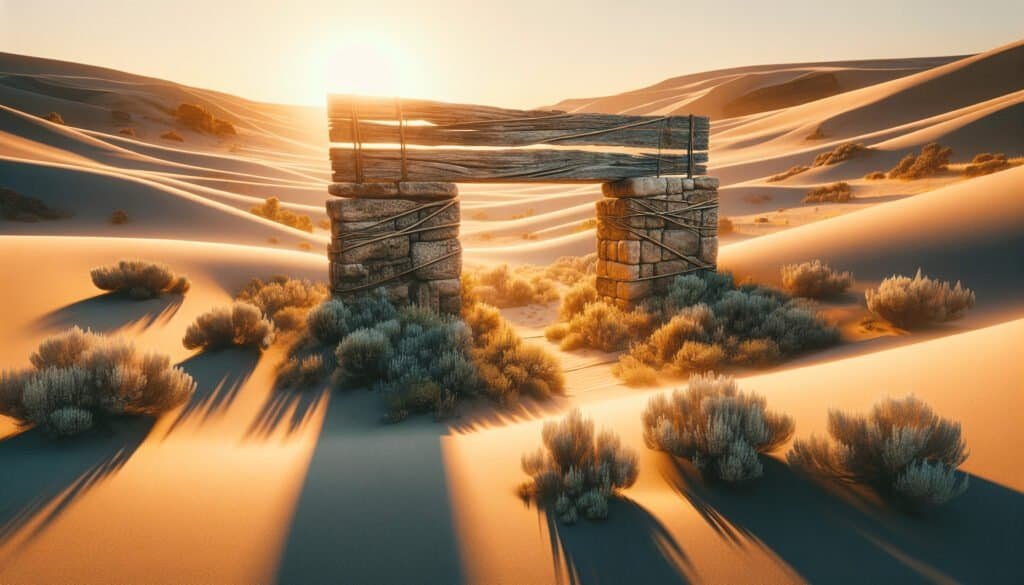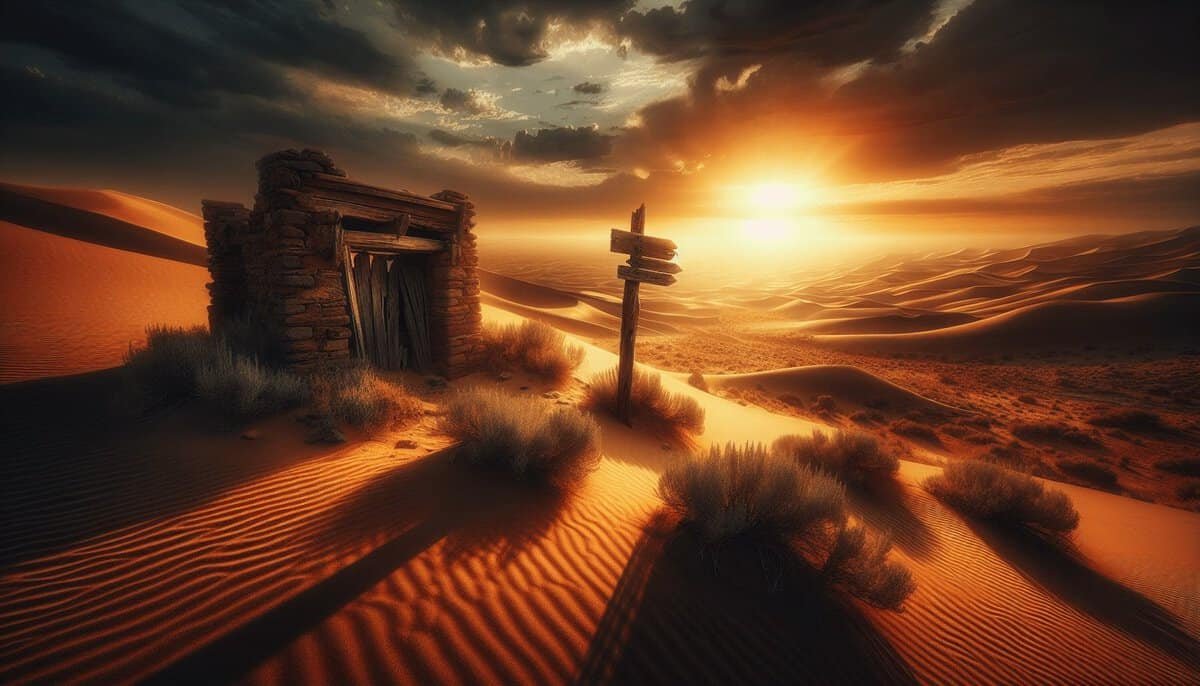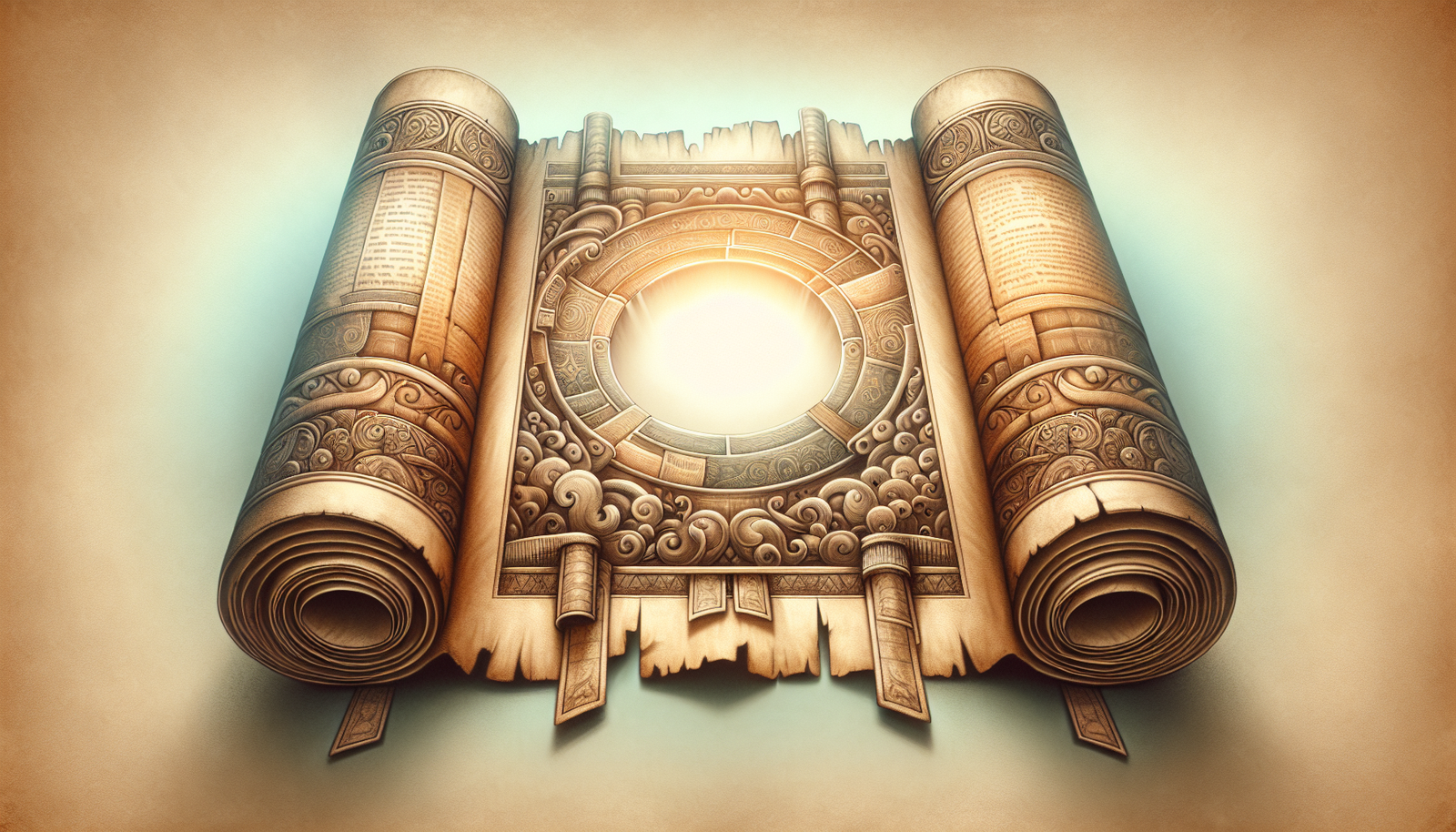Have you ever found yourself pondering the enduring legacies of liberation and enlightenment in the midst of vast desolation? When we think of deserts, we often conjure images of barren landscapes that seem devoid of life, yet it is in these arid realms where some of the most profound insights into the human condition emerge.

The Desert as a Teacher
Deserts are not just geographic locations; they serve as powerful metaphors and places of transformation. Historically, deserts have been spiritual and educational landscapes where profound ideas arise. In the midst of hardship, individuals often confront their beliefs, desires, and the societal constructs that shape their lives.
The Significance of the Desert
The desert, with its stark beauty and endless horizon, has long symbolized the crucible of human experience. In many religious traditions, it’s where prophets meditated, where wisdom was sought, and where clarity was achieved. It’s a realm of solitude, often likened to a blank canvas where one can reflect and redefine their purpose.
The Visionary Teacher
Imagine a teacher who stands in the midst of a vast desert, embodying the spirit of those who have sought liberation. This teacher becomes a symbolic figure—a conduit of knowledge and inspiration, urging others to break free from the shackles of ignorance, fear, and conformity.
The Concept of Liberation
At the heart of the teacher’s vision is the principle of liberation—an ongoing quest to free oneself from the limitations imposed by society, culture, or even oneself. Understanding what liberation truly means is vital in grasping its significance in religious and philosophical contexts.
Historical Perspectives on Liberation
Throughout history, liberation has been interpreted in various ways, influenced by cultural, political, and spiritual contexts. Examples include:
- Biblical accounts: The Exodus narrative illustrates a quest for freedom from oppression, serving as a cornerstone for many liberation movements.
- Philosophical frameworks: Enlightenment thinkers like Rousseau and Kant emphasized individual autonomy, paving the way for modern concepts of personal and societal freedom.
- Cultural movements: The Civil Rights Movement in the U.S. and anti-colonial efforts worldwide reflect the ongoing struggle for liberation, often invoking the desert as a symbol of resilience and hope.
Personal Growth through Liberation
The journey towards liberation often involves introspection and a willingness to confront uncomfortable truths. Many people find that true freedom emerges when they let go of societal expectations and embrace their authentic selves.
Desert Hostel Stone: An Educational Hub
The Desert Hostel Stone encapsulates this vision of liberation through education. It serves as both a literal and metaphorical point of convergence for learning, dialogue, and personal growth.
A Place for Learning
Imagine a hostel situated in the heart of a vast desert, where individuals from diverse backgrounds gather not just for shelter, but for community and education. This is where the seeds of knowledge are planted, nurtured by dialogue and shared experiences.
The Role of Community
In such a setting, community becomes crucial. It’s through interactions with others that we gain new insights and perspectives. Shared stories often illuminate pathways to liberation, highlighting the interconnectedness of human experiences.

The Teacher’s Vision: Key Concepts
Empowerment through Knowledge
Liberation is fundamentally about empowerment. Knowledge serves as the backbone of this empowerment. The teacher’s vision emphasizes the importance of equipping individuals with skills, critical thinking abilities, and spiritual insights that foster independence.
Self-Discovery and Identity
Finding one’s identity amid chaos is often a pivotal aspect of liberation. The desert hostel encourages individuals not only to learn from others but also to seek and define their own paths. Self-discovery is an integral part of this journey, and it can lead to an enriched understanding of one’s place in the world.
Cultural Significance of the Desert
Culturally, the desert holds profound significance in various religions and traditions. It represents a place of trial, reflection, and eventual triumph. Tapping into this cultural heritage within the framework of the desert hostel invites both respect and curiosity about one’s own roots, leading to a more profound engagement with the concepts of liberation.
Archaeological Contexts
Archaeological findings can offer a glimpse into how liberation was historically pursued in various civilizations. By studying these contexts, one can appreciate the deep-rooted connections between places like the desert and the quest for personal and collective freedom.
Significant Archaeological Findings
- Dead Sea Scrolls: Discovered in the Qumran Caves, these scrolls shed light on Jewish sectarians’ views on purity, community, and liberation from oppressive regimes.
- Cave of the Patriarchs: This significant site in Hebron symbolizes ancestral connections and the shared struggle for identity and belonging.
- Petra’s Rock-Carved Structures: A city famously carved from rock, Petra represents persistence and ingenuity, embodying the human spirit’s quest for sanctuary and freedom.
The Role of Archaeology in Understanding Liberation
Through archaeological research, you can uncover how ancient cultures approached the concepts of freedom and oppression. These findings highlight that the struggle for liberation is not merely a modern phenomenon; it has roots that can be traced back through millennia, shaping present-day thoughts and practices.
Theological Reflections on Liberation
The notion of liberation doesn’t only emerge from historical or philosophical domains; it is also intricately woven into the fabric of theology. Many religious teachings advocate for a journey toward liberation as part of spiritual growth.
Insights from Major Religious Traditions
- Christianity: The message of salvation is often interpreted as a form of liberation from sin and suffering.
- Buddhism: Achieving Nirvana can be seen as a path to liberation from worldly attachments and suffering.
- Islam: The concept of submission to a higher power is itself a pathway to freedom from the shackles of material existence.
Bridging Ancient and Modern Perspectives
These diverse religious teachings echo a common theme: the quest for liberation is a universal human experience. The teacher’s vision is not confined to one tradition but serves as a bridge connecting various pathways toward enlightenment and freedom.
Modern Applications of Liberation
Understanding the concept of liberation is essential in contemporary society, where many still grapple with forms of oppression, inequality, and systemic injustices.
Educational Initiatives
The desert hostel can symbolize modern educational initiatives aimed at empowerment and liberation. Many organizations and movements utilize education as a tool to liberate marginalized communities, underscoring the timeless importance of the teacher’s role.
Social Justice Movements
Today’s social justice movements echo the age-old quest for liberation. Whether fighting against racial discrimination, gender inequality, or economic oppression, activists continuously draw inspiration from historical struggles.
Psychological Exploration
On a personal level, exploring one’s own barriers to liberation can be a transformative journey. Counseling and therapy often emphasize self-acceptance and introspection, allowing individuals to break free from personal limitations.
Personal Reflection: How to Embark on Your Journey of Liberation
Starting your own journey towards liberation often begins with a shift in mindset. Here are steps you can take to foster personal growth and empowerment:
Acknowledge the Need for Change: Recognizing that change is necessary is the first step toward liberation.
Educate Yourself: Knowledge is power. Dive into both historical and contemporary texts about liberation. Understanding the struggles faced by others can inspire your own journey.
Connect with Community: Build relationships with those who share similar goals or struggles. Community support can provide the encouragement you need.
Reflect and Evaluate: Regular introspection can help you identify areas where you feel confined—whether socially, personally, or professionally.
Set Intentional Goals: Define what liberation looks like for you and set achievable goals that align with your vision.
Be Resilient: The journey won’t always be easy. Embrace the challenges as part of your growth process.
Conclusion: The Infinite Journey Toward Liberation
In the grand tapestry of history, the desert and the hostel symbolize the eternal struggle for liberation. They remind us that while the path may be fraught with challenges, it is through understanding, education, and community that we find our way towards freedom.
As a modern seeker, you have the power to shape your journey. The teachings of the desert hostel, woven with the threads of history and spirituality, continue to guide you toward a greater understanding of liberation. So, the next time you think of a desert, consider not only the physical space but also what it represents for the human spirit. Your adventure from the confines of societal norms to the expansive expanse of personal freedom can be transformative—both for yourself and for those you inspire along the way.



